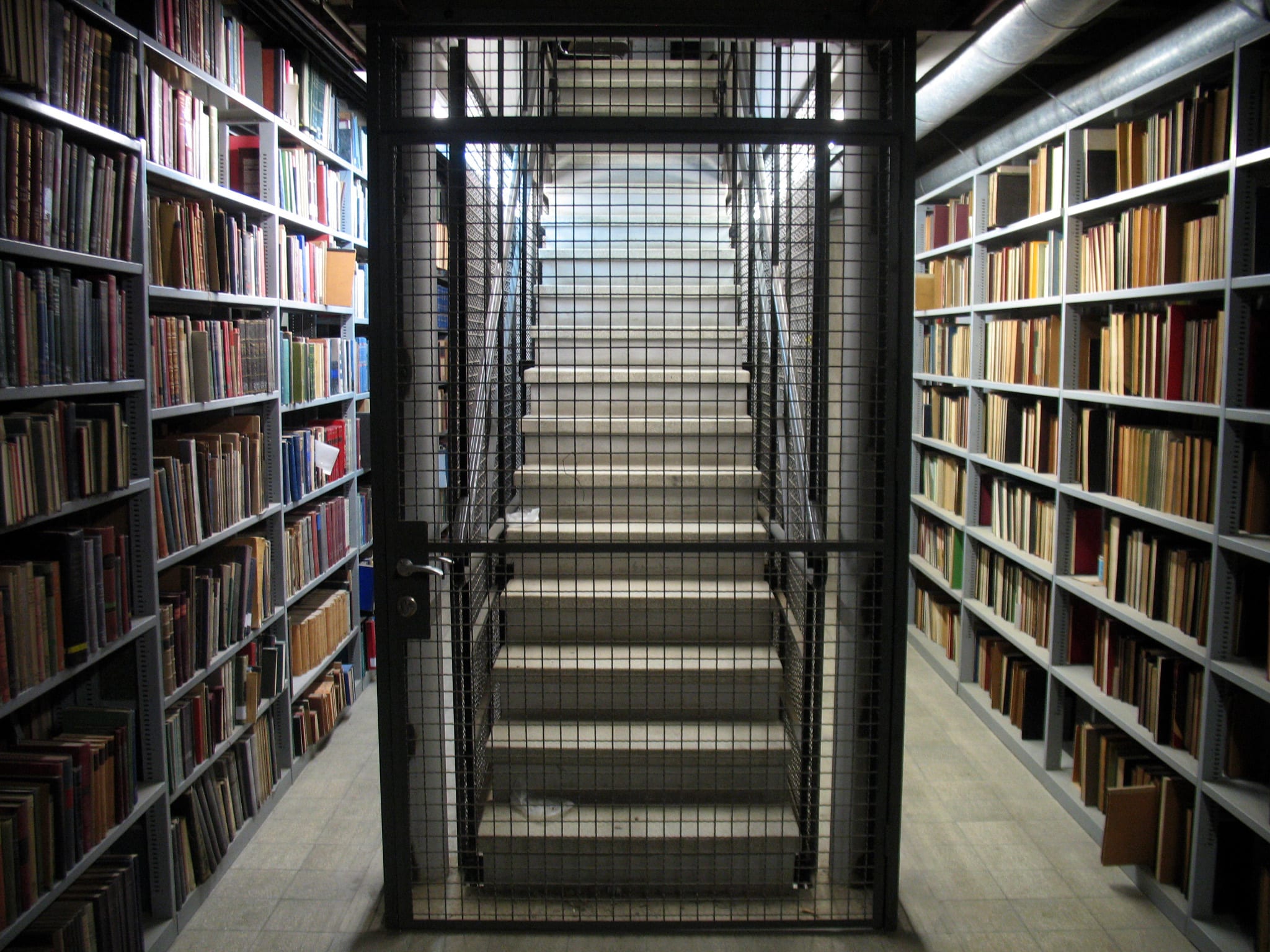By Catie Crandell
The Humanities Council’s Archival Silences Working Group, founded last year by Emma Sarconi and Kinohi Nishikawa, is making an exciting re-debut as a year-long series of webinars designed to think about the archive in light of the crises of the current moment, such as the pandemic, systemic racism, and police violence. Sarconi, who serves as Reference Professional for Special Collections at Firestone Library, and Nishikawa, Associate Professor of English and African American Studies, launched Archival Silences in Fall 2019 in order to address the biases inherent in past and present archival practice.
The archive, as Sarconi and Nishikawa see it, is a necessary but fraught model of collection and preservation. The challenge it poses is how to define a fair principle of selection or determine what is included and what is not. As Nishikawa puts it, “Any time you make an archive, you make decisions.” Historically, such decisions have been made in ways that marginalize or erase individuals and even whole communities because of factors such as race, gender, and religion. Archival Silences strives to acknowledge and rectify these acts of erasure.
Sarconi, whose work in the library encounters these biases on a daily basis, describes her initial inspiration for the series. “It was really about grappling with the question of what is an archival silence, how do we identify it, how do we work with it?” As a practitioner anxious about her role in creating the structures and upholding the system of the archive, Sarconi wanted to “bring other folks who were encountering this constructed phenomenon, to selfishly help me grapple with this reality of these institutions that I love and work with.” Sarconi posted about the working group on Twitter last fall and received an immense and very positive response from across the world. “There is a hunger for these kinds of conversations,” Sarconi observed.
With events scheduled for October, November and March, Archival Silences will consider “what are the ethics of making archives and how do you open them up such that more voices can he heard.” As Nishikawa explains the series, it is “an ethical project in how to pay more attention. It’s not about banning the archive, but ethically acknowledging that decisions are always made.” The new webinar format, though necessitated by the pandemic, has a serendipitous silver lining in that it will allow a broader range of scholars across disciplines and institutions to participate. In fact, Sarconi and Nishikawa see this spring’s even as a special challenge to open up the conversation even further. It is not just people in academia and librarianship that struggle with archival silences, in fact, “novelists, writers, performers, and play writes grapple with this question, too. This is more than just an institutional reality” says Nishikawa. In order to include some of these other voices, the panel of speakers for this spring’s event will include a series of novelists who address these problems in their work.
The project is more than a retrospective and reparative one. It is profoundly interested in the contemporary crises and the future of archive creation. “The conversations we have staged for the fall have really pushed me to think about what I can be doing right now as a professional and scholar to support the voices that are coming out in our present moment so that they don’t eventually become a silence,” explains Sarconi, “In one hundred years I hope that we will still see all of these perspectives and that our institutions are able to document and reflect this history.”
The first event of the series is titled “Archival Silences in the Present Moment” and will take place on Tuesday, October 20 at 4:30pm.
Zoom registration: Click here
















